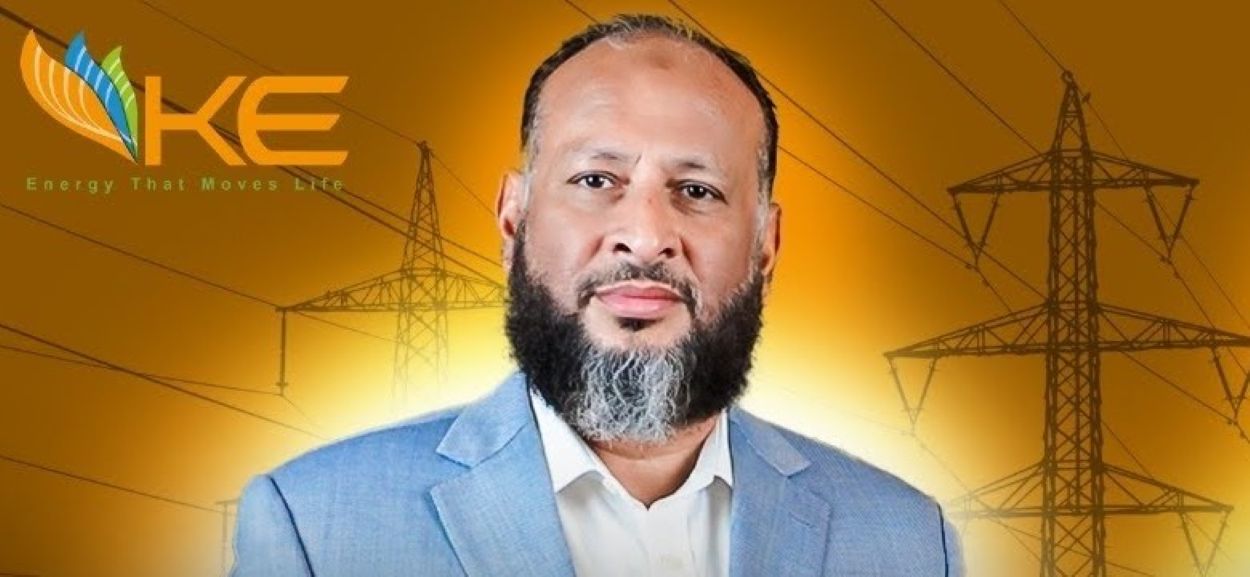On August 5, 2025, Sindh Governor Kamran Khan Tessori denied interim relief to K-Electric CEO Moonis Alvi in a workplace harassment case, according to a press release from the Governor’s House. The governor has scheduled a full hearing for the petition titled Moonis Alvi v. Mahreen Aziz Khan on August 11, 2025, emphasizing the importance of due process and justice.
Ayaan Memon, representing Moonis Alvi, explained that the complainant’s counsel requested an adjournment because the file was incomplete, which resulted in the hearing being postponed. “As a result of this request, the hearing has been rescheduled for a later date,” Memon clarified. The Governor’s office seeks to ensure both parties can fully present their cases and has decided to reject the urgent suspension request to maintain transparency.
Background on the Ombudsman’s Ruling
The case originates from a decision made on July 31, 2025, by the Provincial Ombudsman of Sindh, Justice (Retd) Shah Nawaz Tariq. He ordered the removal of Alvi and imposed a fine of Rs 2.5 million after confirming harassment allegations made by Mehreen Zehra, the former Chief Marketing Officer of K-Electric. Zehra, who was hired as a consultant in 2019, alleged that Alvi subjected her to harassment and caused her significant mental distress. The ombudsman also warned that if the fine is not paid within one month, there will be consequences, including the seizure of Alvi’s assets and the blocking of his CNIC and passport.
Read: Sindh High Court Suspends Ombudsman’s Ruling Against K-Electric CEO Moonis Alvi
The Governor’s refusal to grant an interim stay underscores a commitment to accountability in corporate environments, especially concerning high-level executives. Zehra’s legal team welcomed this decision, stating, “Justice must not only be done but also be seen to be done.” The upcoming hearing will assess the ombudsman’s jurisdiction, as Alvi contests it on the basis of K-Electric’s inter-provincial operations.
The ruling highlights the need for workplace ethics and legal protections in Pakistan’s corporate sector. It establishes a precedent for addressing harassment allegations against executives, fostering safer work environments.






